VBA 32-bit, 159 157 143 141 134 Bytes
VBA does not have a built in function that allows for waiting for time periods less than one second so we must declare a function from kernel32.dll
32 Bit Declare Statement (41 Bytes)
Declare Sub Sleep Lib"kernel32"(ByVal M&)
64 Bit Declare Statement (49 Bytes)
Declare PtrSafe Sub Sleep Lib"kernel32"(ByVal M&)
Additionally, we must include a DoEvents flag to avoid the infinite loop from making Excel appear as non-responsive. The final function is then a subroutine which takes no input and outputs to the VBE immediate window.
Immediate Window function, 93 Bytes
Anonymous VBE immediate window function that takes no input and outputs to the range A1 on the ActiveSheet
s="... .... .":Do:DoEvents:Sleep 100:[A1]="["&Mid(s,10-i,10)&"]":i=(i+1)Mod 10:Loop
Old Version, 109 Bytes
Immediate window function that takes no input and outputs to the VBE immediate window.
s="... .... .":i=0:Do:DoEvents:Sleep 100:Debug.?"["&Mid(s,10-i,10)&"]":i=(i+1) Mod 10:Loop
Ungolfted and formatted
Declare PtrSafe Sub Sleep Lib "kernel32" (ByVal M&)
Sub a()
Dim i As Integer, s As String
s = "... .... ."
i = 0
Do
Debug.Print [REPT(CHAR(10),99]; "["; Mid(s, 10 - i, 10); "]"
DoEvents
Sleep 100
i = (i + 1) Mod 10
Loop
End Sub
-2 Bytes for removing whitespace
-30 Bytes for counting correctly
-14 Bytes for converting to immediate window function
Output
The gif below uses the full subroutine version because I was too lazy to rerecord this with the immediate window function.
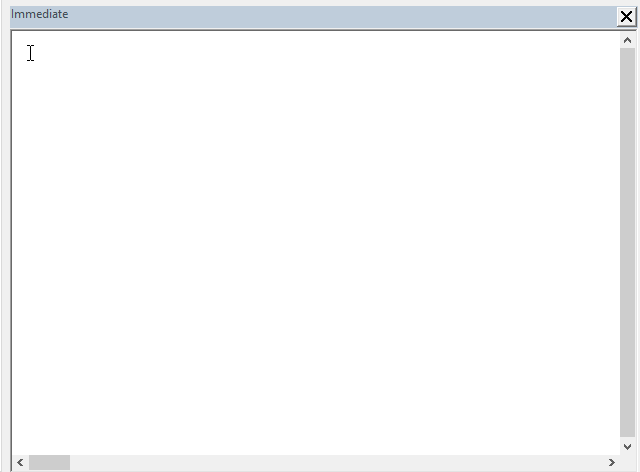

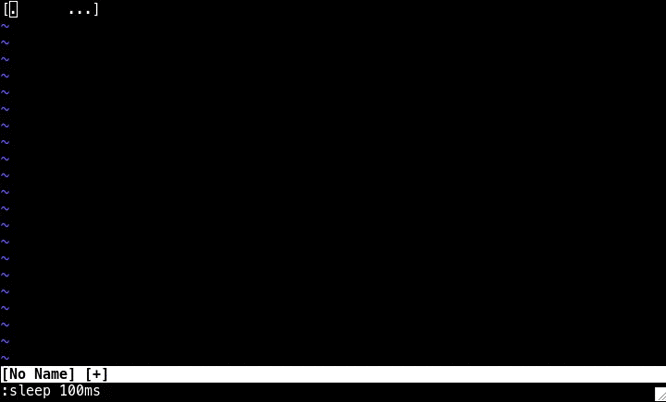

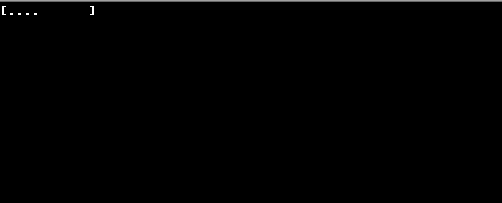
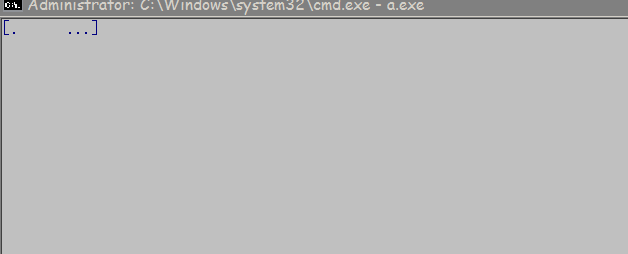
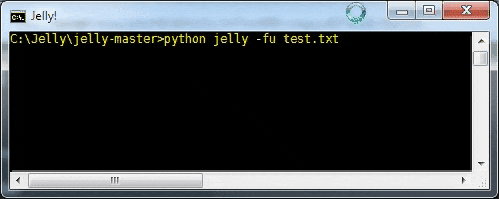

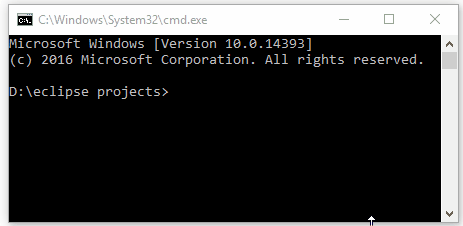



\rallowed, instead of literally clearing the screen? \$\endgroup\$